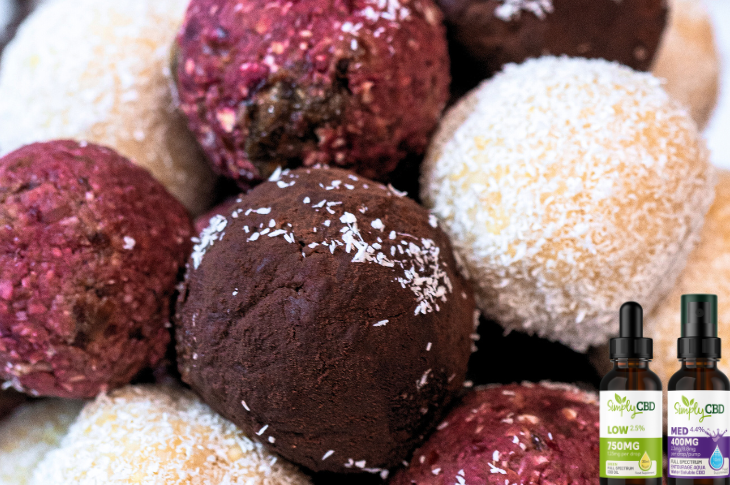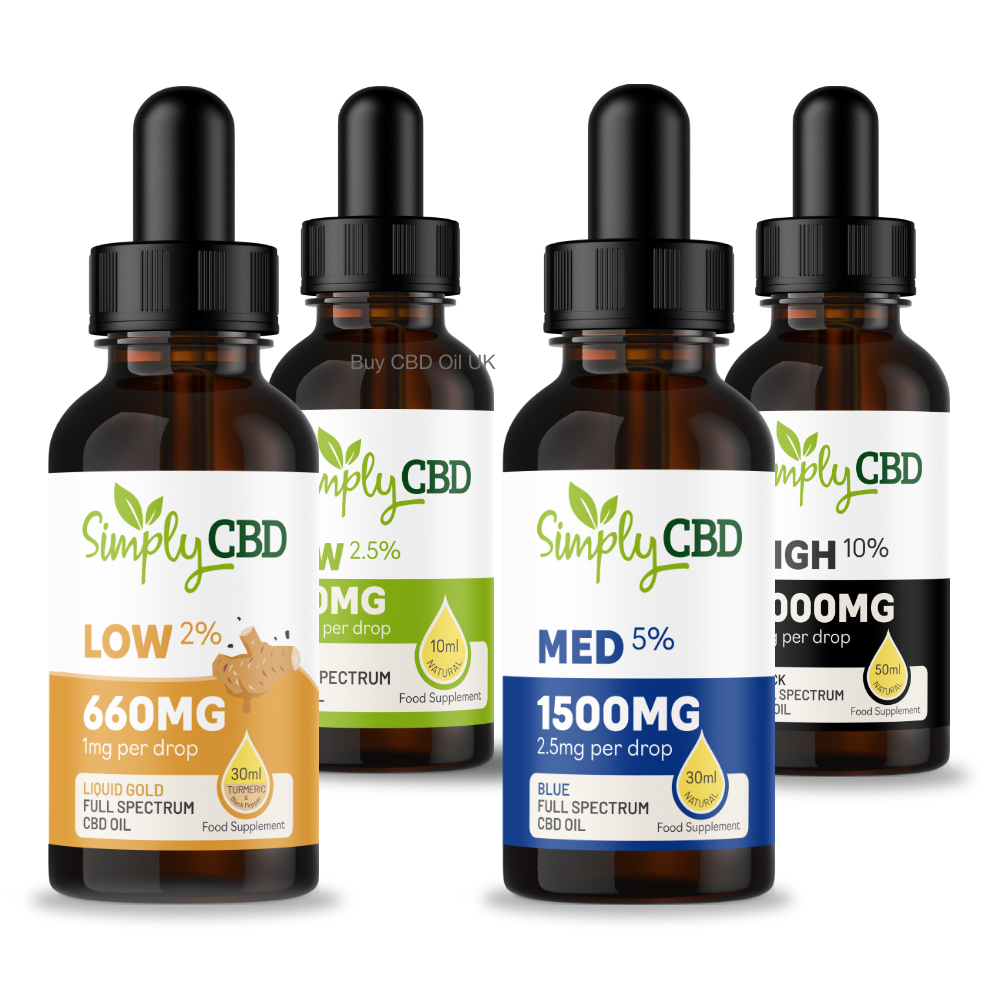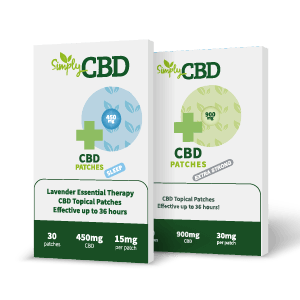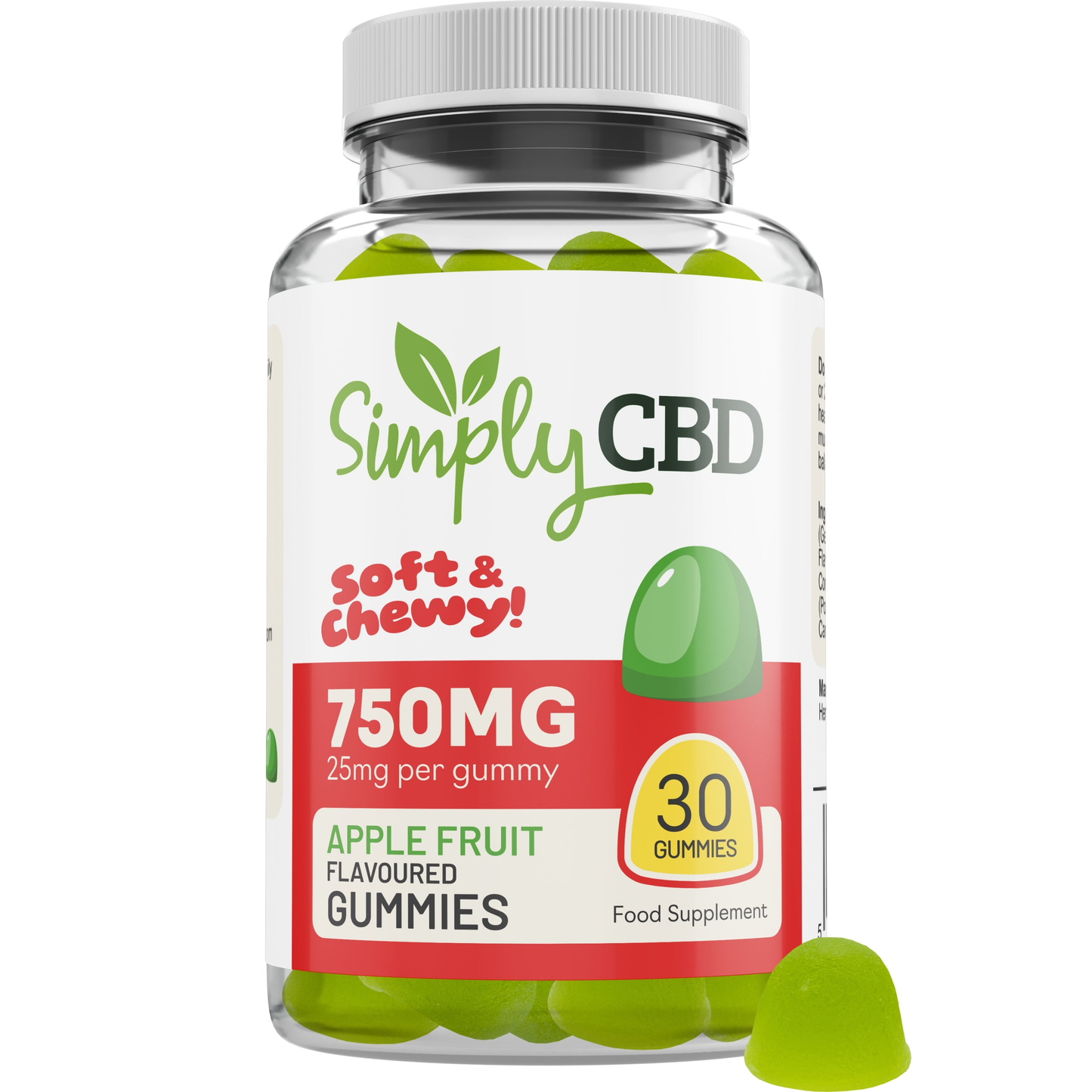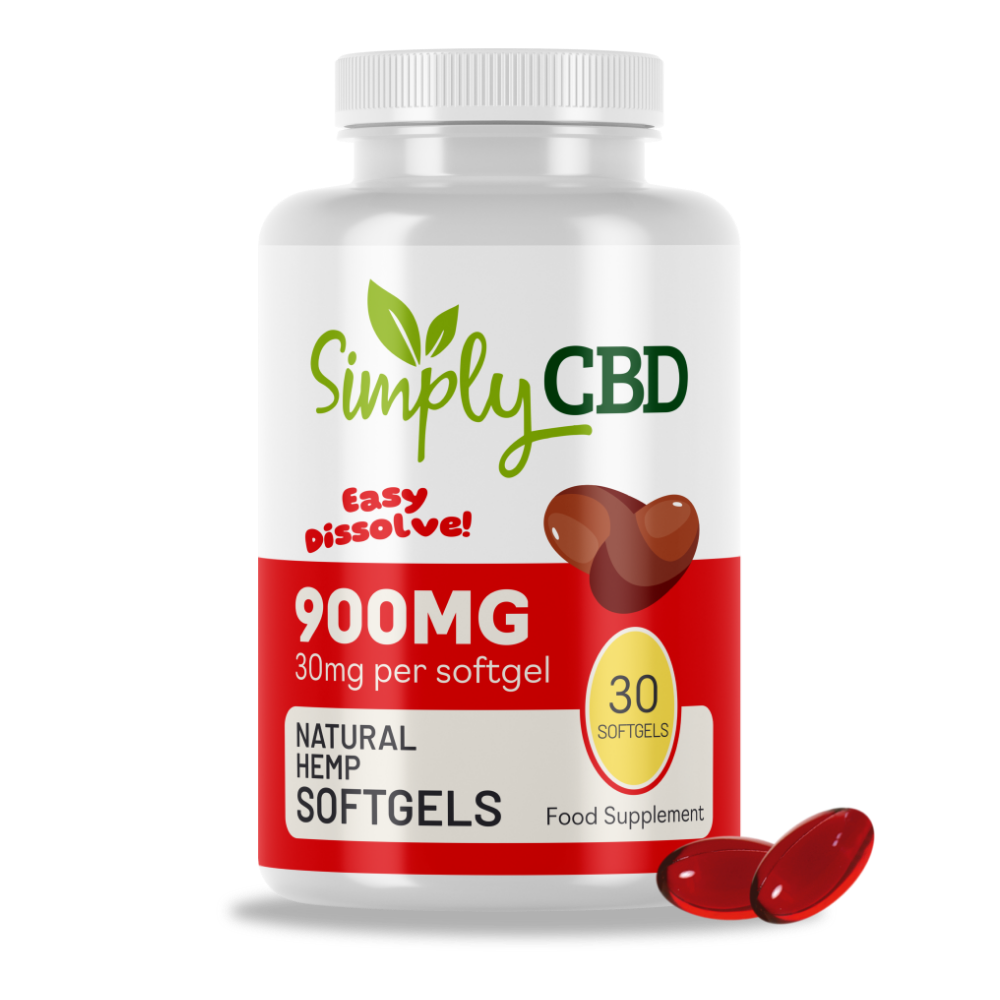
The vast number of CBD products online and in high-street shops can make it difficult for consumers to identify high-quality options. Unfortunately, there are many CBD products on the market with artificial additives, synthetic cannabinoids, and little to no CBD content. Taking some key factors into consideration and understanding the markers of high-quality CBD products can help users determine which ones are worth purchasing.

1. Lab tests
Third-party lab testing is one of the most important factors in determining the quality and reliability of a CBD product. Lab tests can show the CBD contents, as well as the rest of the cannabinoid profile of a product. This helps users see whether the levels of CBD advertised are an accurate representation of the actual levels within the product.
While some users prefer isolate products, others prefer full spectrum options. For those who like full spectrum CBD, they can confirm that a product contains cannabinoids other than CBD via lab test results. This includes making sure that THC is present but remains below the legal limit of 0.2%. Isolate users can check lab results to ensure the purity of a product.
Some brands claim to have lab tested their products but fail to share their results. Others simply don’t lab test or withhold their results until after a purchase has been made. These are all red flags and brands that use these practices should be avoided. Only companies with something to hide will shy away from lab tests or place barriers between their results and their customers.
If lab test results are reflective of what the product claims to contain, companies should have no issue sharing them. For example, at Simply CBD, we share our lab test results on each product page and on their own lab reports page. Not only do we do this for full transparency, we’re also very proud of the results we receive.
2. A clear indication of product contents and strength
The label and accompanying description within a product’s listing should be clear and informative. Clever marketing can make it difficult to understand the contents and strength of a CBD product. This becomes even more difficult when a product is only available in shops and not online, as consumers are forced to solely rely on the fine print on the label.
Product contents
As an example, a CBD oil should show the ml per bottle, the ingredients, and the strength of the product on the label. This helps prove whether the product is completely natural and gives an indication of its cannabinoid profile. Further information, such as the price per mg of CBD, should be accessible within the online product listing. For consumers who have allergies or dietary restrictions, information regarding its suitability for their requirements should be available. For example, vegan and gluten-free icons are helpful identifiers and give users a clearer picture of the contents of a product. The listing should also indicate where the CBD is derived from. For example, our CBD comes from high-grade Dutch cannabis.
Product strength
When it comes to strength, CBD oils in particular can be confusing as a high mg of CBD does not necessarily mean the product is high strength. The ratio of CBD to its carrier oil must be accounted for. For example, our 10ml Green CBD Oil contains 250mg of CBD, giving it a strength of 2.5%. Our 30ml Green CBD Oil contains 750mg of CBD, also giving it a strength of 2.5%. Although the CBD content is three times higher in the latter bottle, so is the carrier oil, so the strength does not increase. Companies that want to justify their high prices often use mg labelling to make their products seem stronger and more valuable, despite this rarely being the case. At Simply CBD, we communicate the mg per drop of CBD, the strength percentage, and the price per mg of CBD in the interest of full transparency.
With other products, such as gummies, tablets, and patches, companies should make it clear how much CBD each dose contains and the total amount of CBD in each container or package. For example, it should be clear how much CBD a user will take if they ingest one gummy or tablet, or apply one patch. Not only does this help users ensure they get their money’s worth, it helps them use the correct dose and remain within the recommended daily limit of 70mg of CBD per day.
3. Fair pricing
When buying CBD products, users should always make sure they’re not overpaying. The price point of a product should be based on its cannabinoid content, size, and type. As described in the previous section, many brands use confusing marketing tactics to make their products seem stronger and more valuable than they are. This is why it’s important to know how to determine the true value of a CBD product.
It’s crucial for users to understand that certain types of products are much cheaper to produce than others. For example, full spectrum products are more expensive to produce than isolate options. This should be reflected in the pricing. The size or quantity of the product, such as the ml in a bottle of CBD oil or the number of gummies in a tub, is also worth considering and comparing between brands. It’s a general rule that the higher the strength, the higher the price. However, it’s important that users don’t get caught out by high mg in a high volume bottle or container and make sure to check the strength percentage.
Determining the price per mg of CBD and comparing this across different brands is a useful way to find the best value for money. For example, our Black CBD Oil costs £0.03 per mg of CBD. In contrast, other brands charge up to £0.08 per mg of CBD. While this may not come across as a massive difference, our 10ml Black CBD Oil contains 1000mg of CBD (10%) and costs less than £35. Meanwhile, another large CBD brand offers a 10ml oil with the same mg of CBD (10%) for nearly £70. This means users get the same strength and quantity of CBD oil for less than half the price when shopping with Simply CBD.
4. Verified reviews
Reading about the experiences that customers have had with a company and their products is a crucial part of finding high-quality options. To avoid being caught out by fake reviews, users should look for ‘verified purchase’ or ‘verified customer’ to ensure the information is true and impartial. It’s also a good idea for consumers to ensure the number of reviews a company claims to have adds up with the ones available on their website.
When looking through the reviews of a product, users can take note of any positive and/or negative points that are consistently mentioned across various reviews. These factors may relate to the product itself or the company that sells it, both of which are important to understand. If the reviews reflect a positive customer experience with both the company and the product, this is a great sign. If there are consistent negative comments, users should avoid this brand and its products.
5. Ethical marketing
As with any type of product, CBD products require marketing campaigns to generate sales. However, there are certain lines companies shouldn’t cross. In addition to the common issue of attempting to make a product seem stronger or more valuable than it is, there are other areas of concern that involve UK CBD laws.
In the UK, CBD businesses are not allowed to tout any ‘medicinal benefits’ of their products. While many users speak from experience about the various benefits they feel from using CBD products, CBD companies must register their products as food supplements and not as medicines. This means any medicinal claims are completely off limits. For example, if a brand says something like ‘this CBD oil will stop your arthritis pain and anxiety symptoms’, this is a company users should avoid. This is because if they are unable to follow marketing rules, there are many other regulations that they could also be disregarding.
Ethical CBD marketing can come in many forms. This may include brands sharing reviews on social media, or recruiting influencers to help expand the brand’s reach. The main points to consider are whether the marketing techniques are honest and remain within legal boundaries.
6. The seller is on the FSA novel food list
All registered CBD retailers in the UK are required to submit a Novel Food Application to the Food Standards Agency (FSA). The FSA is currently in the first stage of the process which involves approving and denying these applications. Each company that has its application approved by the FSA is placed on a list and is awaiting full approval verification. Companies that are not on this list are not allowed to sell any ingestible CBD products. Therefore, if users find products like oils, gummies, and tablets for sale from a brand that isn’t listed, this should raise major red flags. At Simply CBD, we’re proud to have been added to the list of brands that are approved to sell ingestible products.
Key takeaways
Here are the key points to remember about identifying a high-quality CBD product:
- Make sure the company provides up-to-date lab tests publicly.
- Choose a product with an informative label and plenty of accompanying information that provides a clear understanding of its contents and strength.
- Avoid overpaying by working out which brand can offer the best value for money.
- Check the verified reviews of a product and company before placing an order to ensure the product is high quality and the company is reliable.
- Look at the company’s marketing campaigns to ensure they’re not making any medicinal claims about their CBD products.
- Check that the company has submitted a Novel Food Application to the FSA.





